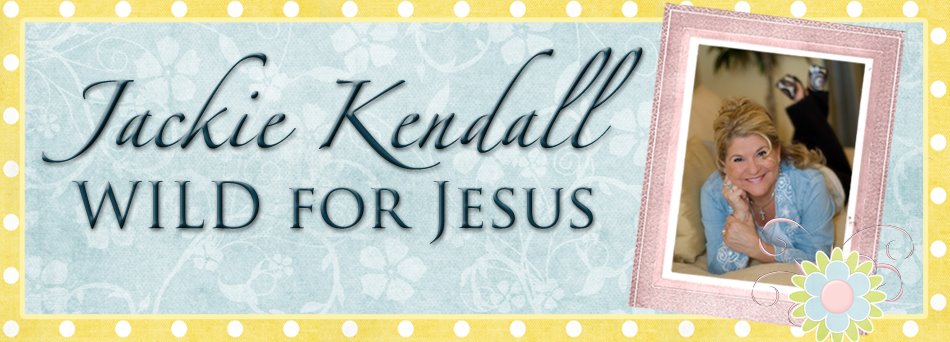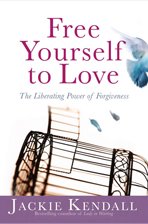This heinous Ponzi scam requires more than a mere modicum of justice; but until that happens, what are the victims to do with the rage and anger that keeps their souls hemorrhaging? The answer may seem as audacious as the crime, but the victims will never have internal peace unless they commit an audaciously heroic act.
To stop the soul hemorrhaging, one must forgive: divorce oneself emotionally from the “house arrest” of anger and rage.
Now, forgiving—letting it go, sending it away emotionally—such a choice does not get Madoff off the hook, but what it does accomplish is to take the victim off the hook of perpetual resentment and rage. Forgiving allows us to amend our own stories. It releases us from the sentence of victimization in the prison of revenge fantasies, strangled by the noose of anger. Vengeance merely offers short-lived satisfaction, yet saddles us with a long-term burden. If I take God’s role into my own hands, the role of exacting vengeance, the burden is more staggering than the desire to be avenged is satisfied!
Among the victims of Madoff’s scam, is a hero of mine, Elie Wiesel, survivor of the Holocaust and a Nobel Peace Prize recipient. I have admired him for years, precisely because this survivor of the Nazi death camps has learned to forgive—a genuinely heroic deed. He, like Mahatma Gandhi did, understands that forgiving is not for the weak but for the strong.
When asked about his foundation losing almost all its assets in Madoff’s scam, Wiesel said, “All my life has been about learning and teaching and building on ruins. I don’t want to be known as one of his victims. I want my name linked to peace and literature and human rights.” Elie Wiesel understands that one cannot build among the ruins of shattered dreams until one understands the liberating power of forgiveness. A person ceases to be a victim, hemorrhaging from the very soul, when one divorces, releases oneself from focusing on the offender. Such actions end the victimization—whether by a Nazi death camp or Madoff’s heinous scam.
Bernard Madoff is presently under house arrest, but, in fact, all the victims and any others who still seethe with anger are under house arrest themselves, emotional house arrest. If they go to bed, day after day, still “mad at Madoff,” they wake up with their souls still held captive to Madoff. The victims of this horrible investment scam will need to make an investment in their soul’s release from the inevitable bitterness. Isn’t it enough, the agony that his pride and greed has caused? Don’t live one more day controlled by him by focusing on him. Don’t rent any more space in your soul for a Mad at Madoff Club!
Take the first step, choose to release Madoff to the sentencing that is beyond what the courts of the land can do: Release him to the One who keeps perfect records of those who think they can harm others and escape judgment. Remove the anklet of your own house arrest—refuse one more day being “mad at Madoff.”
(Quote by Elie Wiesel—USA Today, Feb. 17, 2009, Article Wiesel Again Rebuilds on Ruins by Bob Minzesheimer)


















No comments:
Post a Comment